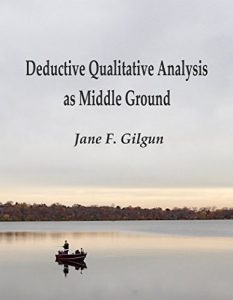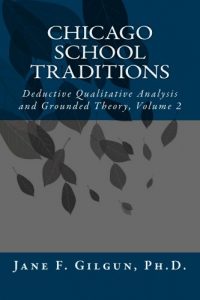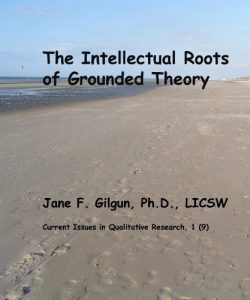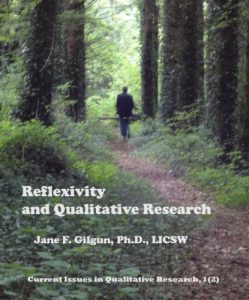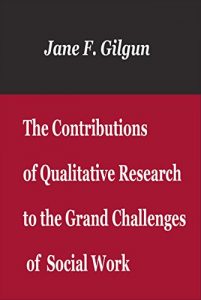The use of conceptual frameworks in the conduct of qualitative research was an approach of choice in the first two-thirds of the twentieth century for researchers linked to the Chicago School of Sociology, a research tradition in which much of contemporary qualitative research is rooted. With the publication of Glaser & Strauss’s (1967) The Discovery of Grounded Theory, induction became associated with qualitative research and, for many researchers, prior conceptual frameworks, or deductive qualitative research, became suspect.
The purpose of this paper is to review arguments for and against prior frameworks in qualitative research. I show that the procedures of analytic induction and grounded theory work well together and that theory-guided research has many advantages. I call this hybrid of the two approaches deductive qualitative analysis. Paper presented at the Midwest Conference on Qualitative Research, St. Paul, MN, USA, April 18, 2008.
The purpose of this paper is to review arguments for and against prior frameworks in qualitative research. I show that the procedures of analytic induction and grounded theory work well together and that theory-guided research has many advantages. I call this hybrid of the two approaches deductive qualitative analysis. Paper presented at the Midwest Conference on Qualitative Research, St. Paul, MN, USA, April 18, 2008.
